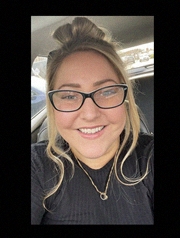Tutor HuntResources Personal Statements Resources
Writing Your Personal Statement (ucas)
Top tips on standing out form the crowd when completing your university application
Date : 22/10/2022
Author Information

Uploaded by : Connie
Uploaded on : 22/10/2022
Subject : Personal Statements
Writing your personal statement- Author Connie (Bsc Hons, PGCE)
This resource was uploaded by: Connie
